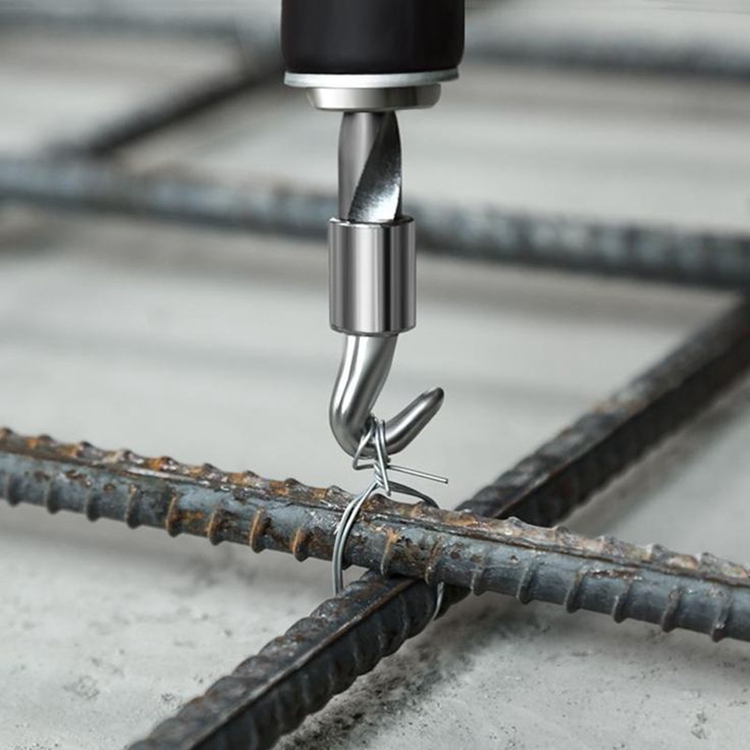Durable Fencing Solutions for Sheep Pastures and Livestock Management
The Importance of Field Fencing for Sheep
Farming is an age-old practice that requires careful consideration of the needs of livestock, especially when it comes to their management and safety. Among various livestock, sheep are among the most commonly raised animals due to their versatility and the numerous products they provide, such as wool, meat, and milk. However, raising sheep successfully entails not just feeding and caring for them but also ensuring their safety from potential predators and preventing them from wandering into unsafe areas. One significant solution to these concerns is the effective use of field fencing.
Understanding Sheep Behavior
Before delving into the specifics of field fencing, it’s crucial to understand sheep behavior. Sheep are naturally curious animals; they explore their surroundings and can easily stray away if not contained properly. Their flocking behavior means they prefer to stay close to other sheep, which can lead them into unsafe situations if they are allowed to roam freely. Therefore, having a structured environment with fences is essential for their safety, health, and overall well-being.
Types of Field Fencing
Not all fences are created equal, and selecting the appropriate type for sheep depends on various factors, such as the terrain, the availability of materials, and the specific needs of the flock. Here are a few common types of fencing used for sheep
1. Barbed Wire Fencing While it is durable and can keep out larger predators, barbed wire is generally not recommended for sheep as it poses an injury risk. Sheep can get tangled in the barbs, leading to serious injuries.
2. Stock Fencing This type of fencing consists of vertical and horizontal wires, woven together to create a mesh that prevents sheep from escaping. It is often combined with wooden or metal posts for added strength and stability. Stock fencing is a popular choice as it effectively contains sheep while being less hazardous.
3. Electric Fencing Electric fences use a charge to deter sheep from crossing boundaries. They can be more cost-effective in the long run and allow for flexible grazing patterns. However, proper training for sheep is needed to ensure they learn to respect the electric barrier.
4. Permanent Fencing Often made from wood, vinyl, or high-tensile wire, permanent fencing offers a long-term solution for keeping sheep contained. It is generally more expensive to install but provides durability and reliability over time.
field fence for sheep

5. Temporary Fencing Using portable fencing, such as poly wire or netting, allows farmers to create temporary enclosures for rotational grazing. This method promotes better pasture management and supports the health of the land by preventing overgrazing.
Benefits of Field Fencing
The advantages of adequately fencing fields for sheep are manifold.
- Protection from Predators Sheep are vulnerable to various predators, including foxes, coyotes, and dogs. A robust fencing system serves as a barrier against these animals, ensuring the safety of the flock.
- Controlled Grazing Fencing enables farmers to manage grazing areas more effectively. By rotating grazing to different sections of the field, the land can regenerate and maintain its productivity, leading to healthier pastures.
- Reduced Health Risks By keeping sheep contained within designated areas, fencing minimizes the risk of the animals ingesting toxic plants or entering hazardous zones, which can lead to injuries or illness.
- Ease of Management Fencing allows for easier management of livestock. Farmers can monitor their sheep with greater ease, ensuring they are healthy, well-fed, and safe from predators.
Conclusion
In conclusion, field fencing is an indispensable aspect of sheep farming that provides both safety and management benefits. By investing in the right type of fencing, farmers can not only protect their livestock from predators but also enhance their operational efficiency through controlled grazing and better flock management. As much as sheep have become a crucial part of agricultural practices, ensuring their safety and health through effective fencing systems is paramount. The thoughtful integration of fencing solutions will lead to prosperous farming, healthier animals, and ultimately, a sustainable agricultural future.
-
The Durability and Versatility of Steel Wire
NewsJun.26,2025
-
The Best Iron Nails for Your Construction Projects
NewsJun.26,2025
-
Strengthen Your Projects with Durable Metal Stakes
NewsJun.26,2025
-
Get the Job Done Right with Duplex Nails
NewsJun.26,2025
-
Explore the Versatility and Strength of Metal Mesh
NewsJun.26,2025
-
Enhance Your Security with Razor Wire
NewsJun.26,2025














